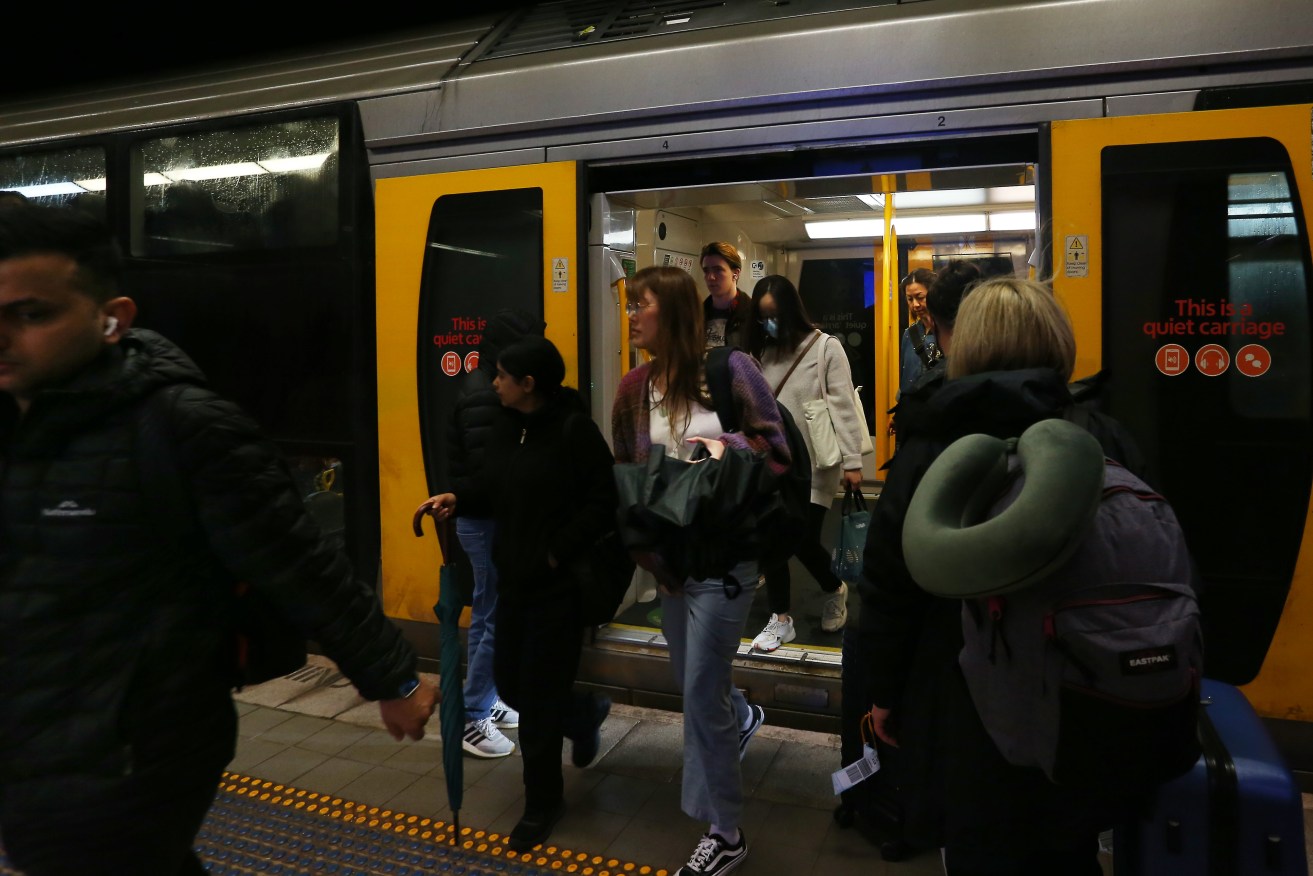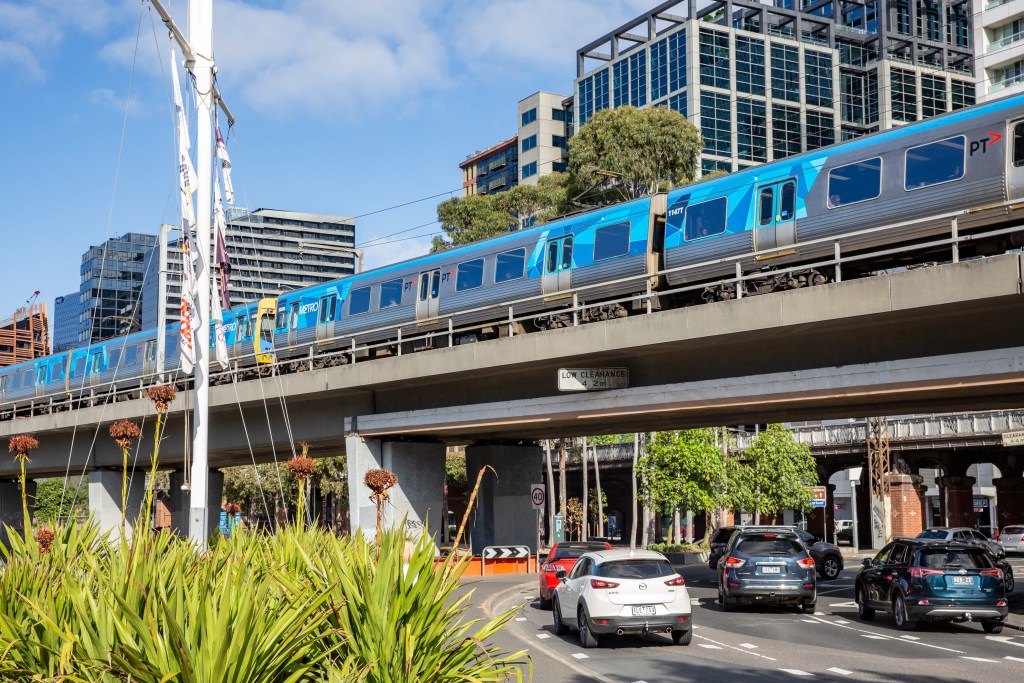Can daily work commutes last over the long haul?


The commute for those in Sydney is the longest on average. Photo: Getty
As the cost of living continues to rise alongside public transport fares, many Australians are feeling the financial strain when they’re commuting to work.
It’s a conversation Dr Andrew Dhaenens from the University of NSW School of Management and Governance has been wanting to have for quite some time.
One of the few good things to come out of the pandemic was that people and businesses realised the importance of hybrid work, he said.
It offered flexibility and led to a better work-life balance, which has plenty of benefits.
For quite some time now, employers have been trying to coax people back into the office, but the cost of their commute is often not considered.
How much the commute really costs
The recently published Australian Commute report found that Australians are spending, on average, $20 a day to get to work.
That adds up to $5020 annually.
The report also found the vast majority of people (31 per cent) believe the rising cost of living has “reasonably impacted” their commuting costs in the last year.
But it’s not just money that is being wasted. In Sydney, the average commuter will spend 62 minutes getting to work. Darwin had the shortest commute time of all the capital cities, but still people are spending 36 minutes commuting.
Commuting times in capital cities are higher when compared to suburban, regional and rural areas, the report found.
And the cost of the commute and how long a commute takes does matter.
“Almost two in three (68 per cent) [of] commuters agree that commuting time and costs strongly impact their job choice,” the report said.
“Additionally, close to three in four (73 per cent) said they would change jobs to reduce their commute if there were work opportunities closer to home.”

In some places, people are spending on average up to 62 minutes commuting to work.
Commuting every day is not sustainable
Dhaenens told TND he has noticed a lot of employers have accepted hybrid work in some capacity.
“But at the same time, there’s also seemed like this uptick of employers demanding three or four days in the office,” he said.
“[They are] enshrining hybrid work in some capacity but it was a more limited extent than what we had before.”
Decisions to bring people back into the office generally come from the top, where people generally get car allowances or even a parking spot.
Little consideration is given to the workers being ordered to come in to the office, Dhaenens said.
“You need to think about how much it wears on individuals, not only in a financial sense, but also in the time savings, as well as their work life balance and managing their families,” he said.
Commuting every day is not sustainable for everyone. Also, the infrastructure in place is not sustainable or suitable for that kind of transit every single day.
“The ugly truth of the matter is the shape of our cities is far from ideal to support sustainable and efficient commuting,” Professor Philip Oldfield, a leading expert in architecture from the Faculty of Arts, Design and Architecture at UNSW, said.
Of those surveyed for the Australian Commute report, 85 per cent believe the government can do more to ease the costs of their daily commute, but there’s one question employers should be asking.
We often don’t take a step back and say ‘how can we actually make our employees lives better?'” Dhaenens said.
“How do we actually make our individual life better?”








